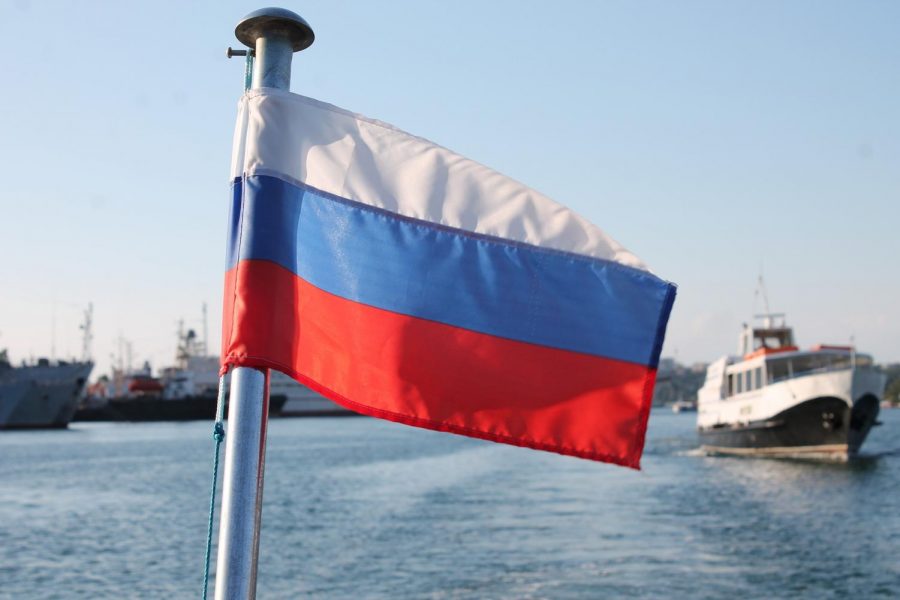Homosexuality should never be deemed as a crime. Living in the United States, we, as a society, have come to be very open when it comes to controversial topics. Although not everyone is welcoming of all sexualities and gender identities, the United States’ government still extends the Constitutional amendments to those of the LGBTQ community. Meanwhile, other countries are not as understanding, creating laws that explicitly target gay and transgender individuals and deprive them of their freedoms.
In Chechnya, a federal subject of Russia, singer Zelimkhan Bakayev was visiting the Federal territory for his sister’s wedding in Grozny, the capital. His whereabouts have yet to be confirmed, but many believe that he was killed in Chechnya’s gay purge movement. Other stories of similar background have given accounts of being beaten and tortured into giving names of local homosexual men. Instances of such police brutality have been happening since the last week of February through the first week of April of this year.
Last month, a YouTube video was released, purportedly showing Bakayev. The video stated that the singer was still alive and partying in Germany, but many aspects of the video have been deemed sketchy. Commentators have pointed out that the furniture in the video is Russian-made and at least one of the energy drinks were of a brand that is not sold in Germany. These observations, as well as uncredited Youtube account, have led many to believe that the pop singer had been abducted and tortured to death.
The Chechen regional government’s Minister for External Relations, Press and Connections, Dzhambulat Umarov gave a comment when asked about the missing singer, stating that Bakayev was not held by the government and that he will show up “soon”. Aside from the suspicious YouTube video, there has been no word from the Russian singer.
Homophobia in Russia was primarily enforced during Stalin’s regime. Even though Russia’s anti-homosexuality law was repealed back in 1993, compensation was not given to those who were put in jail before were not given. In 2013, President Vladmir Putin signed a law which banned the promotion of “non-traditional sexual relationships,” effectively banning any discussion in favor of homosexuality or gay rights. Because of such actions, the mindset put in place in the 60’s and 70’s has been kept strong within Russia.










